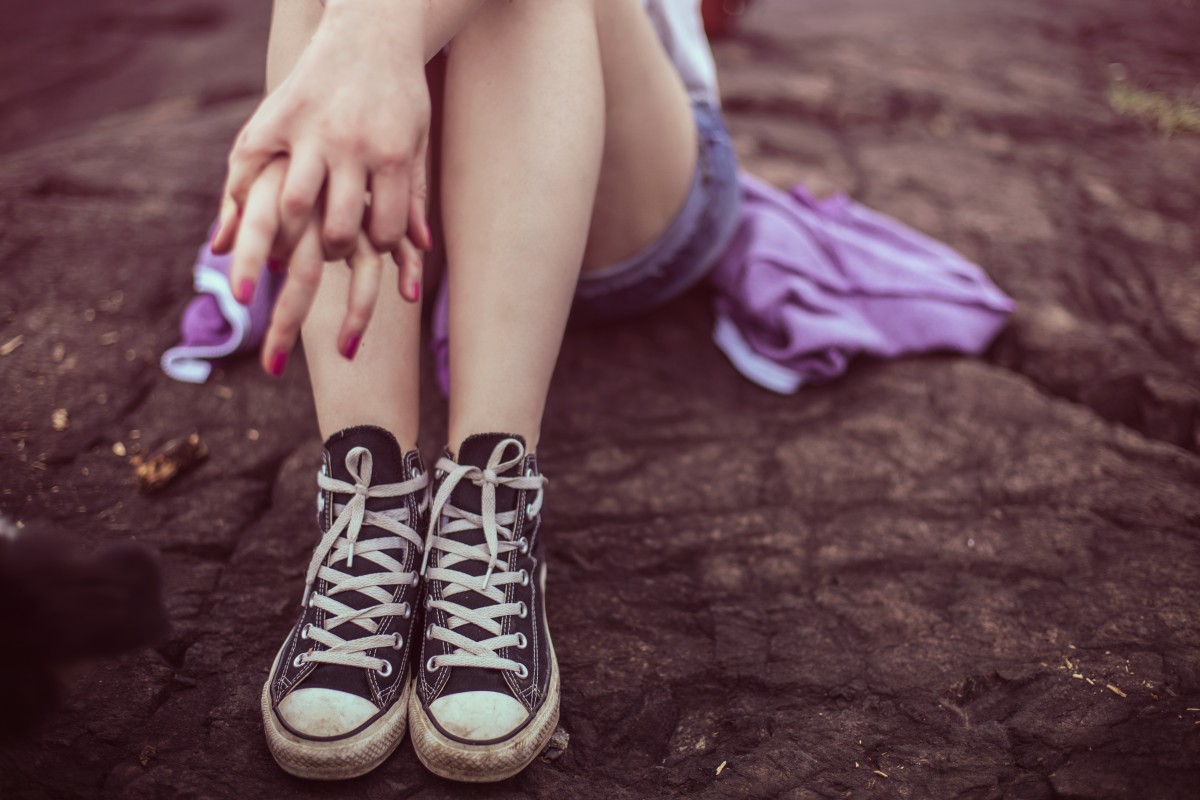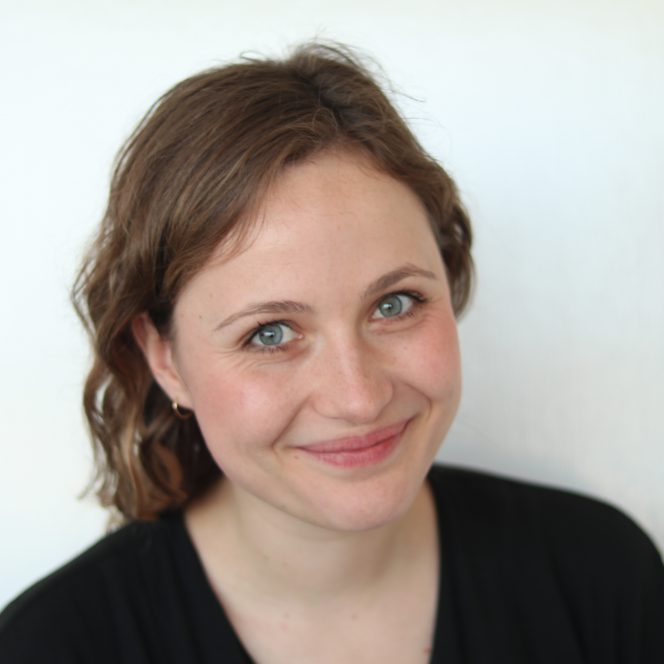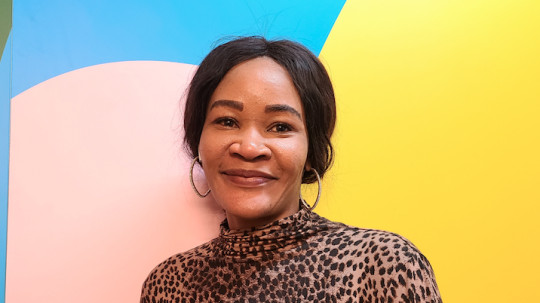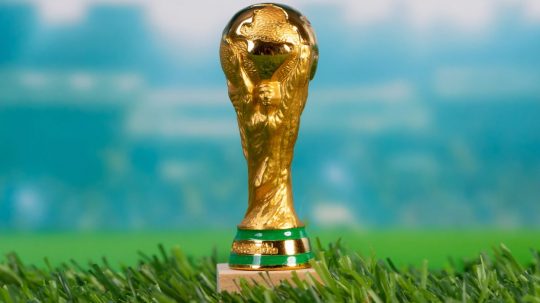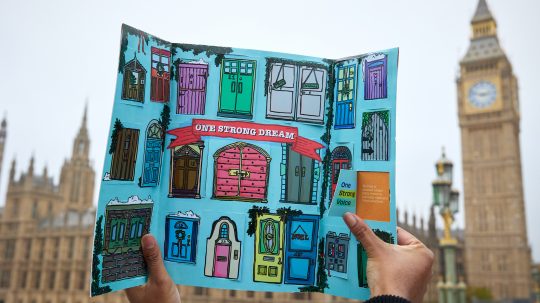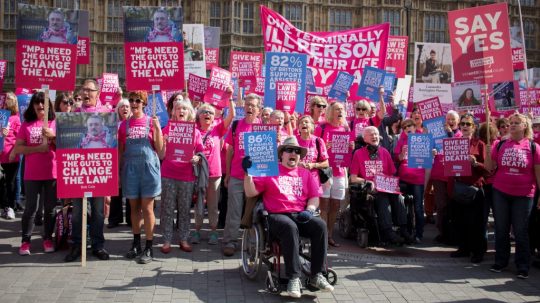One child in every 13 has suffered from post-traumatic stress disorder (PTSD) by the age of 18, according to alarming new research into the serious mental health condition – which can cause flashbacks and nightmares, feelings of guilt, isolation and detachment – and its prevalence amongst teenagers.
An unprecedented study of more than 2,000 people born in England and Wales between 1994 and 1995 found that nearly a third had been exposed to trauma growing up, which made them twice as likely as their peers to go on to experience mental health problems.
Although many things can cause PTSD – including bullying, car accidents and emergency surgery – the researchers from King’s College London noted that the condition was most common among those who had been assaulted or threatened, particularly those who had experienced sexual assault or other violence.
Experts have said they are particularly concerned about the high proportion of children with mental health problems who are unable to access help. Only one-fifth of people researchers identified as displaying symptoms of PTSD said they had received help from a mental health professional in the last year, although one in three had tried talking to their GP.
Senior researcher Professor Andrea Danese said the findings should serve as a “wake-up call”.
He added:
Young people with PTSD are falling through the gaps in care and there is a pressing need for better access to mental health services.
Mental Health, Human Rights And Childhood
The high proportion of young people who have experienced severe trauma, and the tiny number who are able to access help, raises concerns that the UK is not doing enough to fulfil its obligation to protect children, as laid out in international human rights law.
The Convention on the Rights of the Child (CRC) is one of nine core UN human rights treaties and was ratified by the UK in 1991.
The CRC was the very first time a formal human rights doctrine was centred around children. Only one country (the USA) has not ratified it, meaning it is close to being the first Convention to achieve universal acceptance.
Under the CRC Article 19 offers – protection from abuse and neglect. This stipulates that the State shall protect the child from all forms of maltreatment by parents or others responsible for the child’s care and shall establish appropriate social programmes for the prevention of abuse and the treatment of victims.
UNICEF states that the CRC ‘reflects a new vision of the child. Children are neither the property of their parents nor are they helpless objects of charity. They are human beings and are the subject of their own rights.’
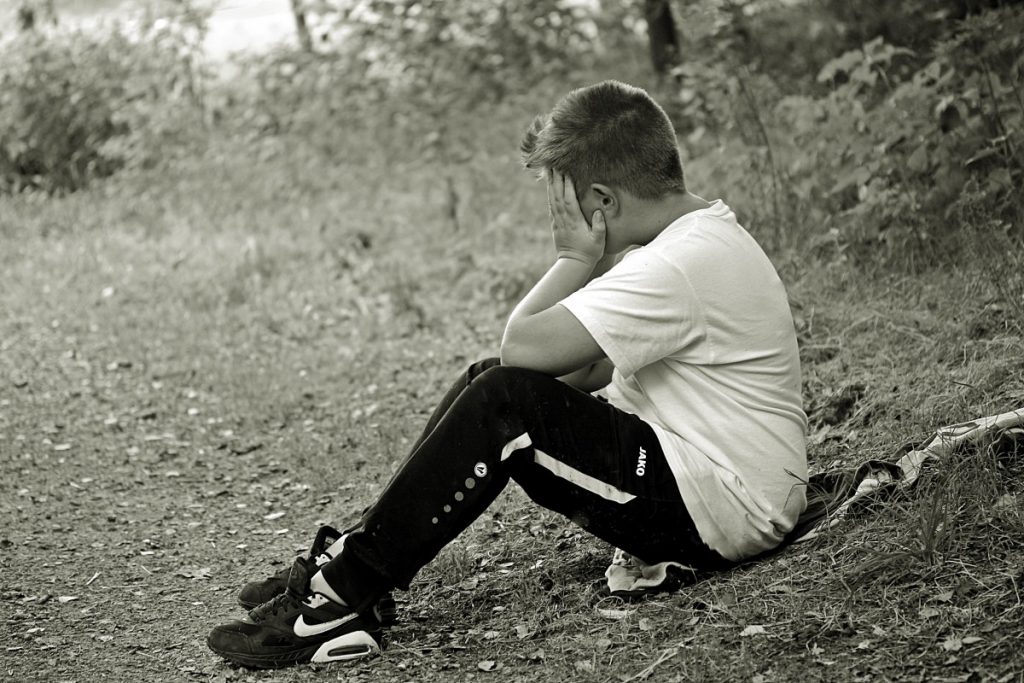 Image credit: pxhere
Image credit: pxhere
Young People Must Be Able To Access Mental Healthcare
The above findings echo that of a recent survey by children’s charity YoungMinds, which found that three-quarters of young people trying to access support from Child and Adolescent Mental Health Services (CAMHS) suffered further episodes of mental illness whilst awaiting intervention.
The YoungMinds report warned that it remains far too difficult for young people with emerging mental health problems to get the help they need because of inadequate access to clinical treatment, alongside a “black hole” in local youth services.
76% of parents said that their children’s mental health had deteriorated while waiting for support from CAMHS.
Danese said the new research supported calls for the system to improve.
“Child and adolescent mental health services (CAMHS) need to make more resources available to address the needs of traumatised young people,” he said.
The professor added that young people in the study who developed PTSD had high rates of other associated mental health disorders and they were also at high risk of harm to themselves – half had self-harmed and one in five attempted suicide since age 12.
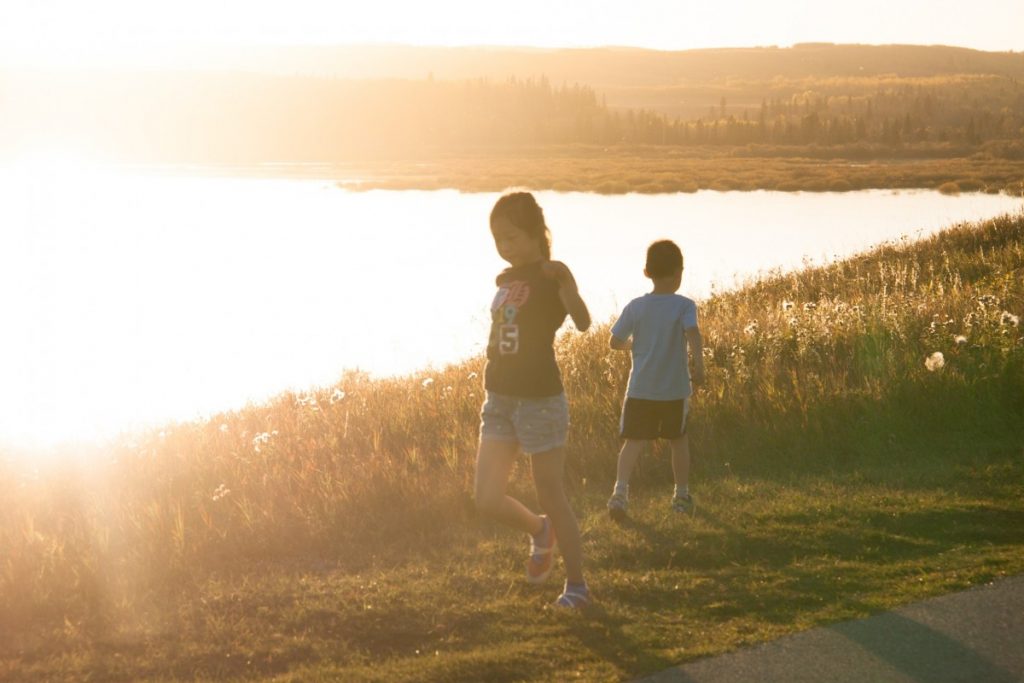 Image credit: pxhere
Image credit: pxhere
A key human rights protection applicable to mental health is Article 2 of the European Convention of Human Rights, the right to life. Under Article 2, the state must act when life is endangered. Failing to help a child at risk of suicide could be considered a failure to meet the Article 2 requirements.
Emma Thomas, chief executive of YoungMinds, said the findings were alarming.
“It’s shocking and upsetting that so many young people have experienced trauma, and post-traumatic stress disorder as a result,” she told the Guardian.
“We were disappointed that the government recently rejected a vital report on early intervention for children who have experienced adversity and trauma, and hope this research will urge them to reconsider.”

